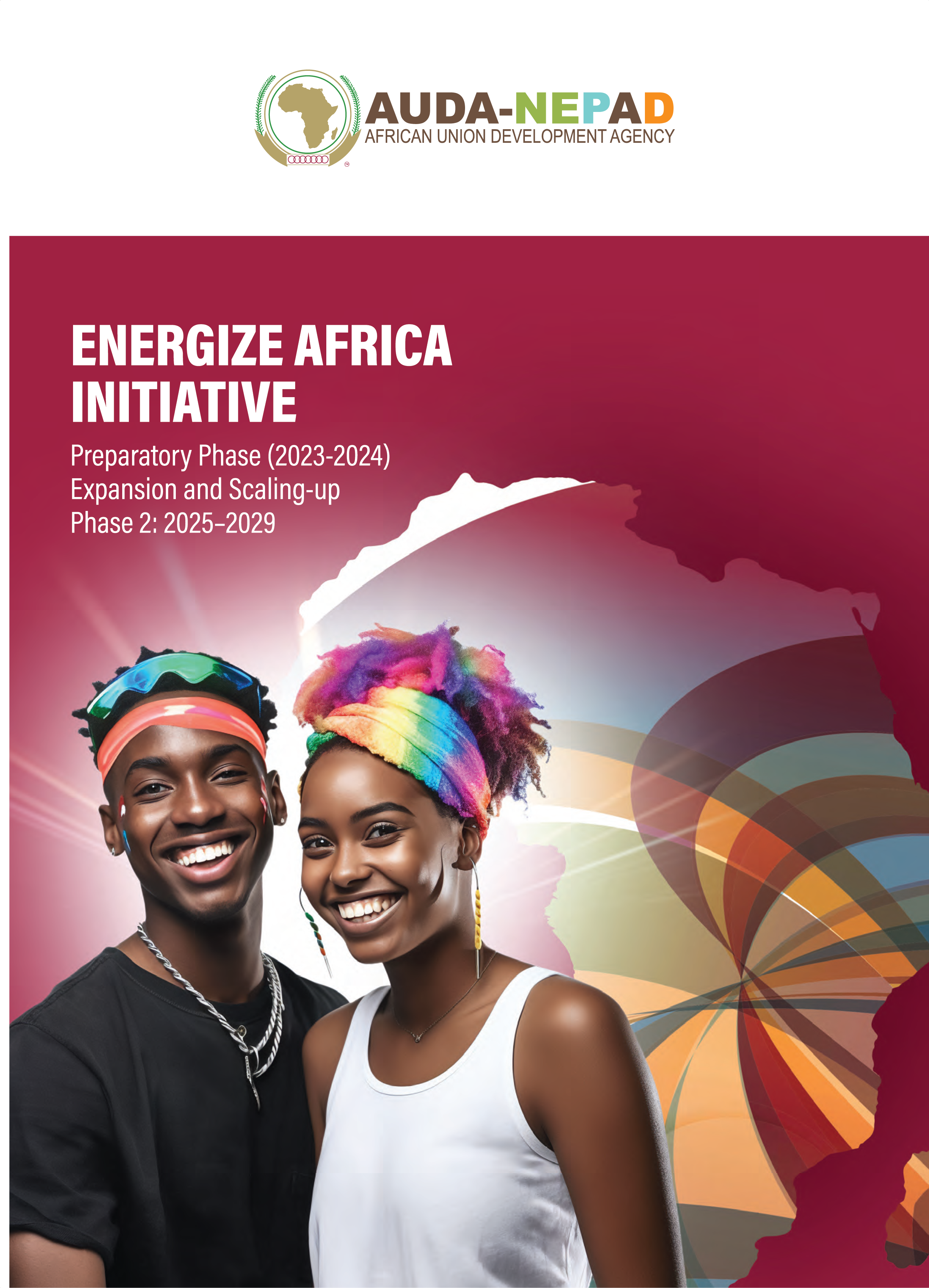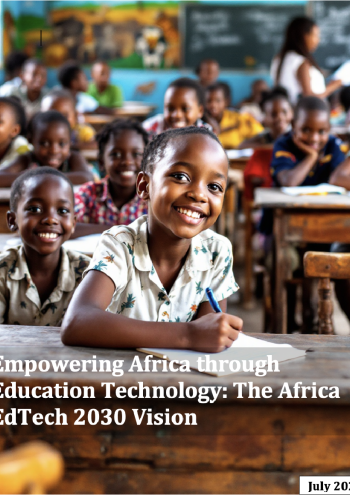The AUDA-NEPAD Energize Africa Initiative is a flagship programme launched to address Africa’s pressing need to harness the potential of its youthful population for sustainable economic growth and improved public service delivery. With 60% of Africa’s population under 25, and projections indicating a workforce increase of 450 million by 2035, the initiative targets systemic challenges like unemployment, poor public service performance, weak innovation ecosystems, and gender inequality.
Key Objectives
The primary goal of the Energize Africa Initiative is to catalyze inclusive development by mobilizing youth capacities in both public and private sectors. Its specific objectives include:
- Assisting AU Member States in developing gender-responsive policies and investments.
- Strengthening technical and governance capacity in public institutions.
- Expanding job and entrepreneurship opportunities for young Africans, especially women.
Situational Challenges
Africa faces a mismatch between the skills young people acquire and market demands. Public services underperform, youth are excluded from economic decision-making, and innovation systems are underfunded and fragmented. Gender inequality further limits women’s participation in socio-economic activities. Additionally, African youth face barriers in converting innovative ideas into viable businesses due to inadequate infrastructure, limited financing, poor IP protection, and weak regulatory environments.
Innovation Ecosystem Strategy
EAI emphasizes building strong innovation ecosystems (IEs) that foster entrepreneurship and technological advancement. IEs include stakeholders like universities, investors, government institutions, and tech hubs. EAI identifies the proliferation of tech hubs in countries like Nigeria, South Africa, and Kenya as a promising platform to engage youth. These hubs provide mentorship, infrastructure, and training, though sustainability remains a concern due to limited funding and operational support.
Gender and Diaspora Engagement
EAI strongly promotes gender mainstreaming by aligning with Agenda 2063 and the African Women’s Decade for Financial and Economic Inclusion. It also recognizes the African diaspora as a valuable resource for innovation and investment. Diaspora entrepreneurs, already bridging markets in Europe and Africa, are seen as key players in reversing brain drain and boosting Africa's innovation landscape.
Theory of Change
EAI views youth not just as beneficiaries but as partners and drivers of change. The initiative aims to:
- Improve youth participation in public service.
- Strengthen innovation ecosystems to support youth ventures.
- Enhance youth-led SMEs to access markets and financing, including benefiting from the African Continental Free Trade Area (AfCFTA).
Phased Implementation
The programme is divided into two phases:
- Preparatory Phase (2023–2024): Establish foundations, partnerships, strategic studies, gender analysis, and capacity-building efforts.
- Expansion Phase (2025–2029): Scale up interventions across Member States, focusing on the delivery of measurable outcomes and sustainability.
Outcomes and Outputs
The initiative targets three main outcomes:
- Enhanced youth participation in public service.
- Strengthened innovation ecosystems.
- Sustainable youth-led SMEs in strategic sectors.
Each outcome includes several outputs, such as establishing a digital skills marketplace, regional qualification frameworks, gender-responsive financial services, and enhancing SME trading under AfCFTA.
Conclusion
EAI is a transformative response to Africa’s demographic realities. It leverages systems-based approaches, innovation, and inclusive governance to unlock youth potential and drive continental development. It aligns with the African Union’s Agenda 2063 and the UN SDGs (especially SDGs 5, 8, 9, and 10), positioning African youth as central to achieving economic transformation and social progress.



